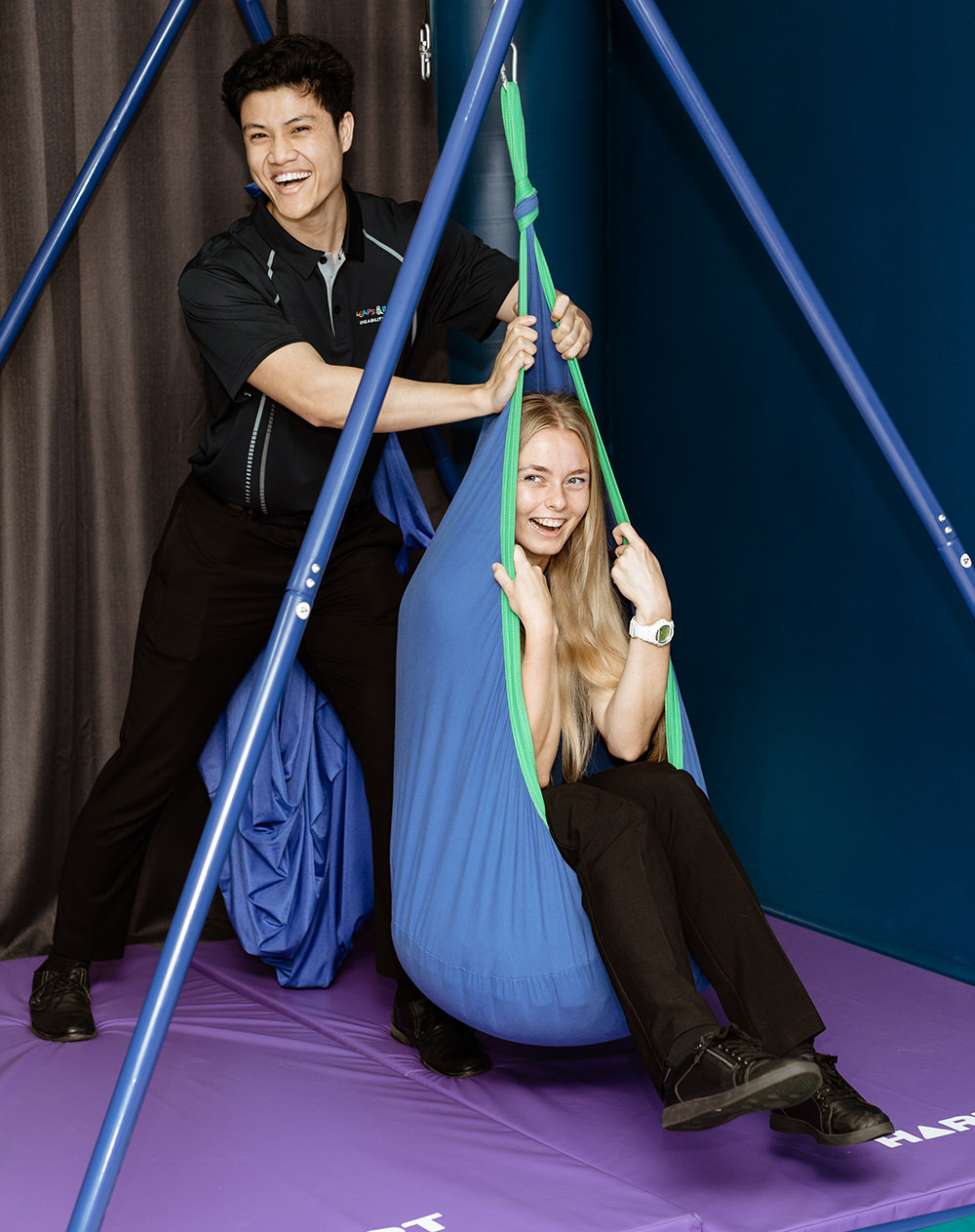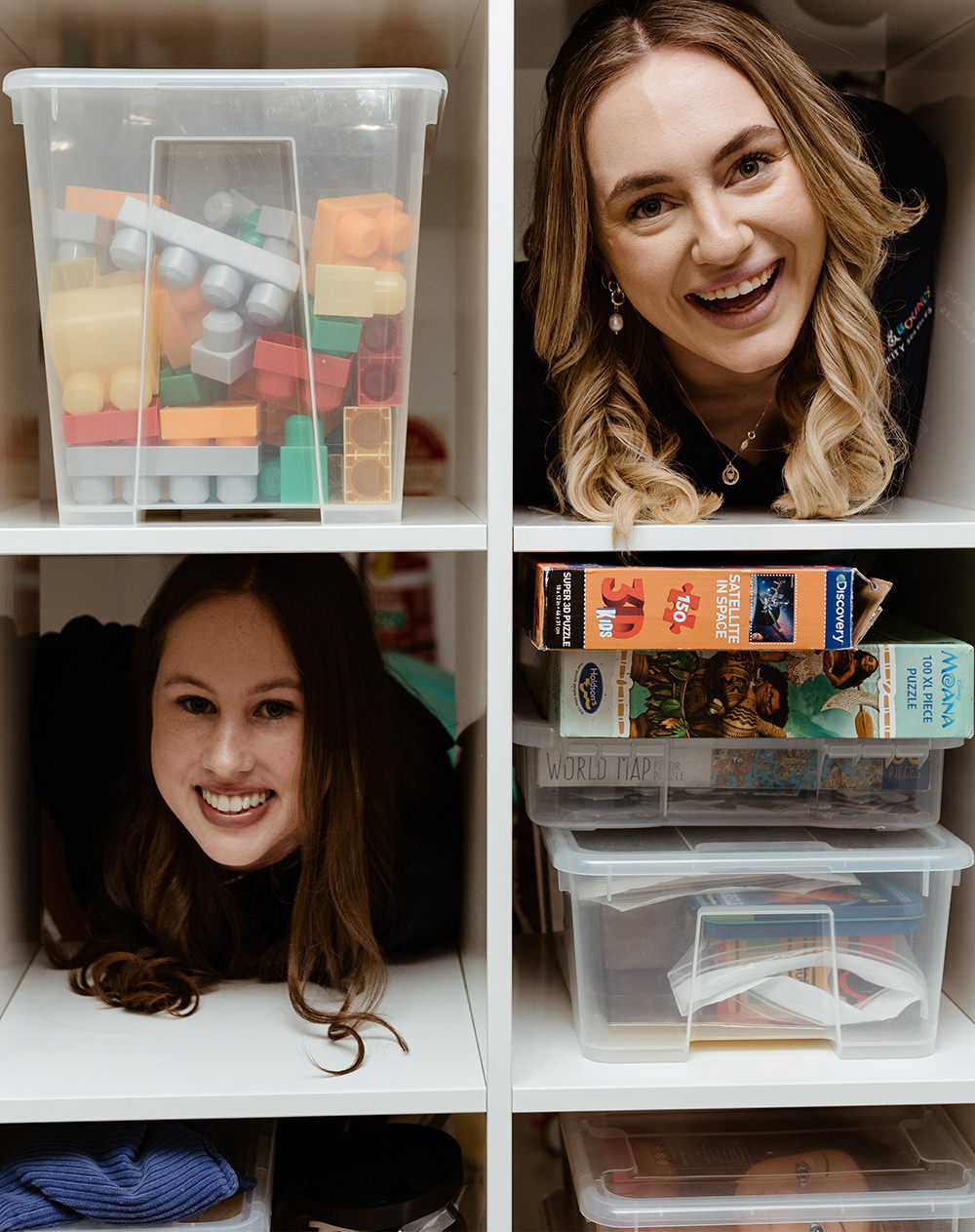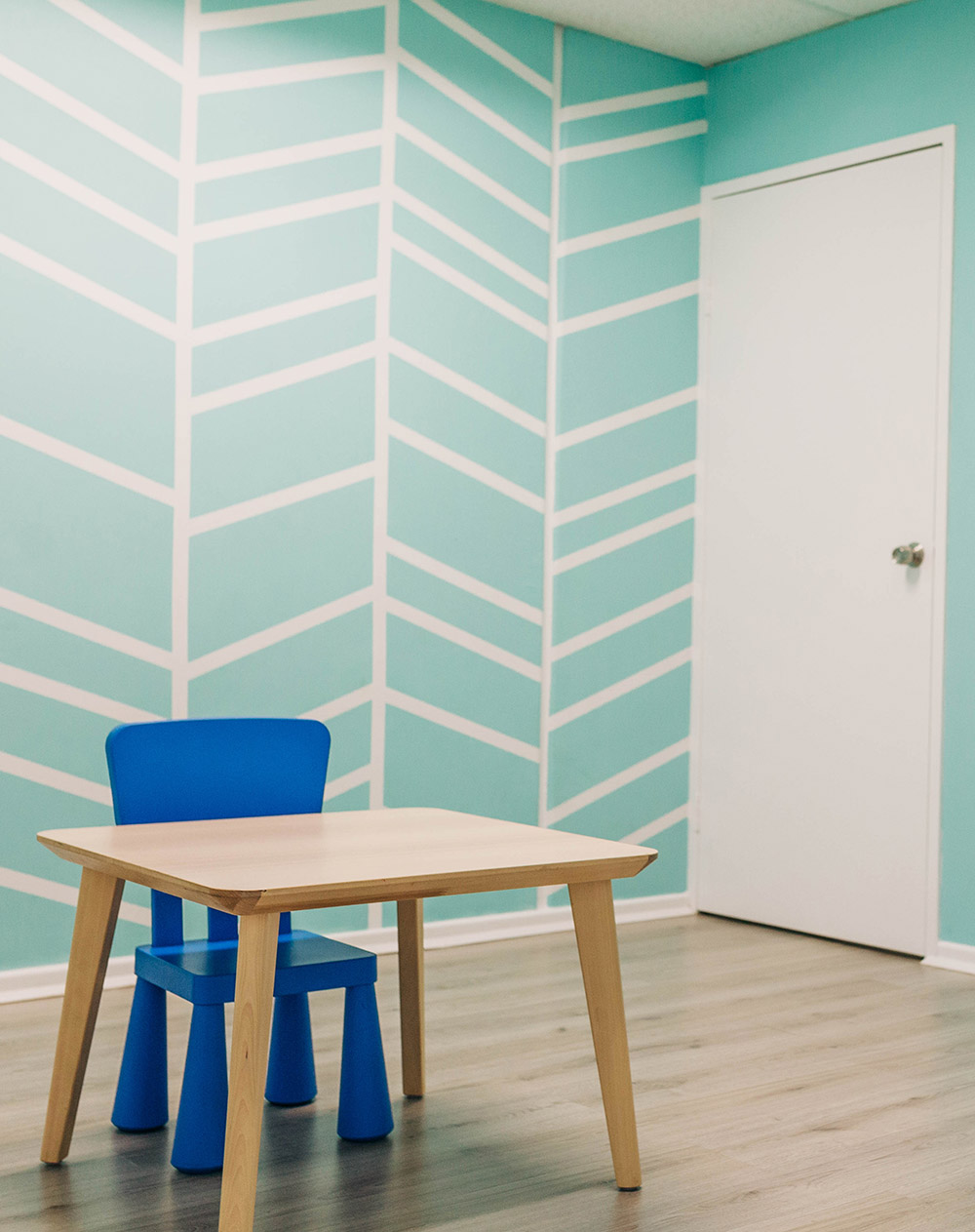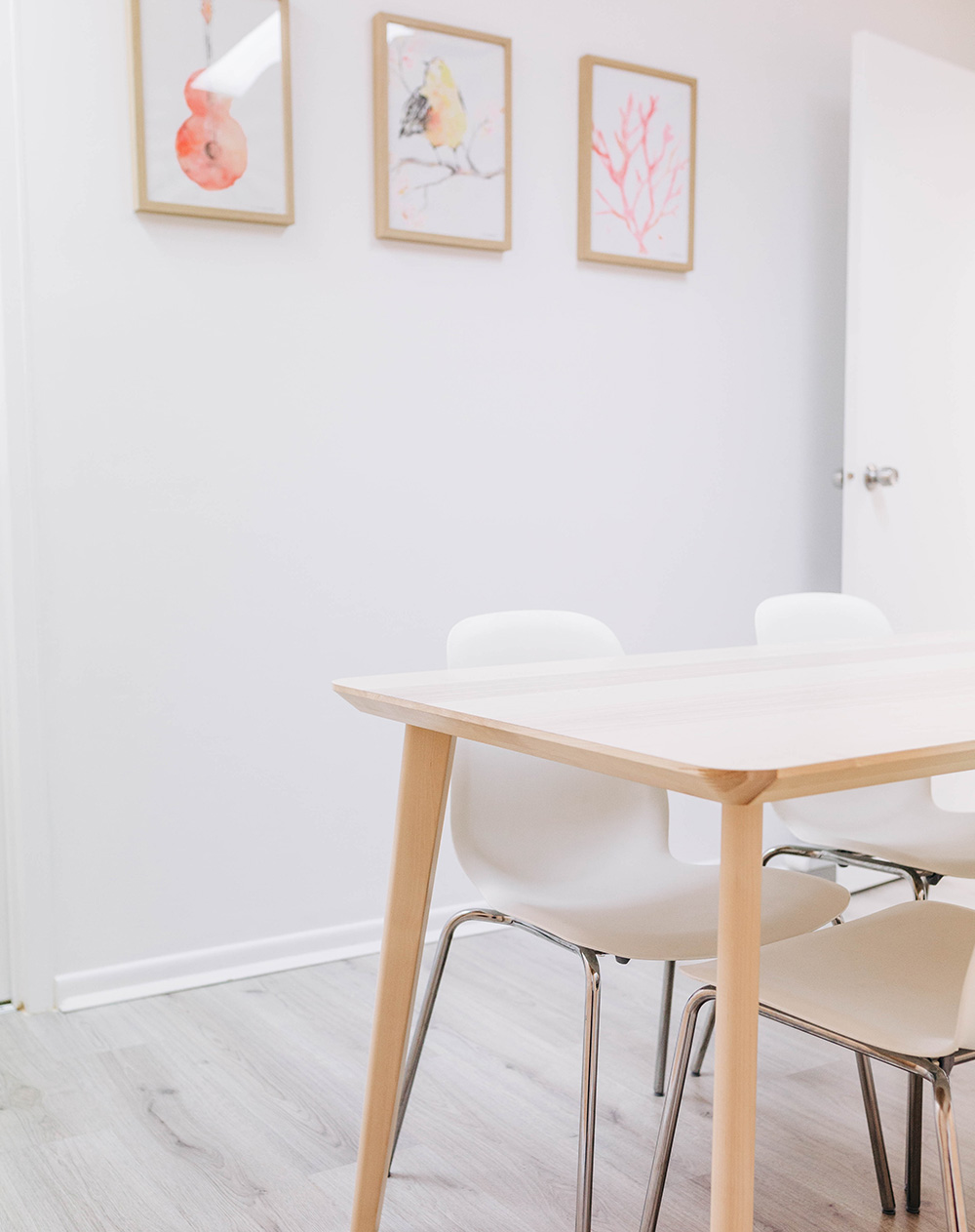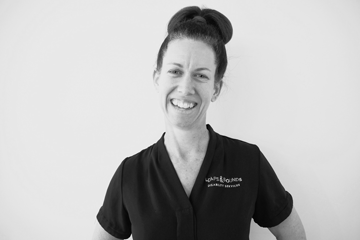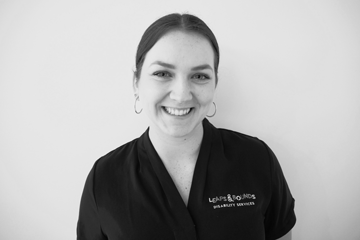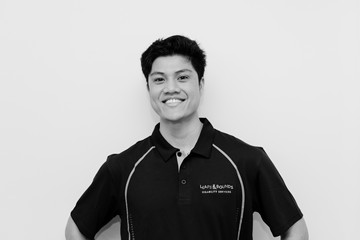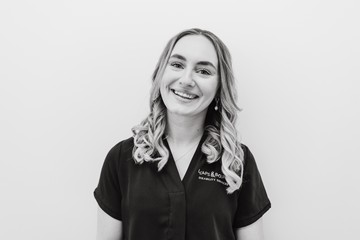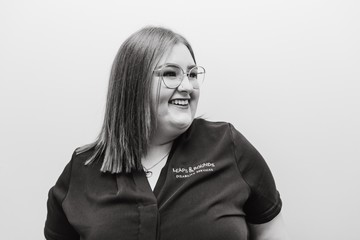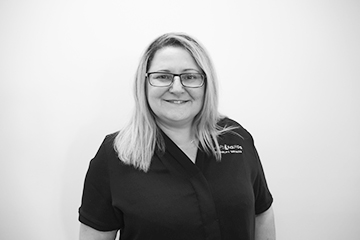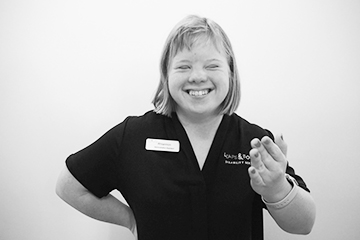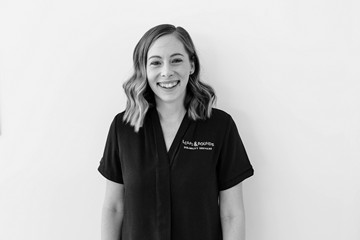Behaviour Support
We collaborate with key stakeholders, including family members, allied health practitioners, medical teams and specialists, educational teams, and direct support staff, to develop behavior support plans. These plans are based on person-centered practices and behavioral science, with a strong emphasis on protecting and upholding the human rights of the individual. For many, a Positive Behaviour Support Plan (PBSP) is crucial for safe and positive community participation, building strong and meaningful relationships, achieving a fulfilling life, and reducing or eliminating the use of regulated restrictive practices that can significantly infringe on a person’s rights.
AREAS OF SUPPORT OCCUPATIONAL THERAPISTS CAN ASSIST WITH
- Conducting Functional Behavioural Assessments (FBA)
- Developing Interim Positive Behaviour Support Plans.
- Creating Comprehensive Positive Behaviour Support Plans.
- Evaluations to determine if additional behavioral support and/or NDIS funding is needed.
- Observational assessments in various settings such as home, school, clinic, day services, programs, and the community.
- Enhancing environments to meet individual needs and reduce challenging behaviors.
- Recognising and accommodating different and neurodiverse communication methods.
- Recognising possible underlying health, pain, and communication considerations to behaviour.
- Identifying proactive and reactive strategies to improve the physical, social, and psychological environment to prevent challenging behaviors.
- Collaborating with stakeholders, including family members, support workers, NDIS, QCAT, Public Guardian, Child Safety, and other decision-makers, ensuring their involvement through assessment, planning, and implementation stages.
- Assessing, prescribing, monitoring, and working towards reducing and eliminating the use of Regulated Restrictive Practices in compliance with National Disability Insurance Scheme (NDIS) legislation and Behaviour Support Rules.
- Providing support, coaching and training for the implementation of Positive Behaviour Support Plans to stakeholders.
- Utilising an interdisciplinary approach, incorporating a range of supports, techniques, therapies, and strategies, often employing multiple components simultaneously.
- Advocacy support to promote quality of life, participation, and inclusion.
MAKE AN ONLINE REFERRAL or CALL 07 5495 1479
TRAINING AND CERTIFICATION
Our Behaviour Support Practitioner has experience or involvement in the following areas:
Registered Behaviour Support Practitioner with the NDIS
Member of Behaviour Support Practitioners Australia
NDIS Positive Behaviour Support Capability Framework, Practice Standards and Quality Indicators and Regulated Restrictive Practices framework for all age groups.
State and National Authorization Requirements for the use of Regulated Restrictive Practices
Maybo SAFER model, including de-escalation skills, personal safety, and post-incident management.
Dr. Ross Greene’s Collaborative & Proactive Solutions
Dr. Dan Siegel’s Whole-Brain Child Approach for Better Outcomes
Monash University’s Engaging in Positive Behaviour Support Practice
Positive Behaviour for Learning (PBL) in Queensland Education
Parent Shop’s Tough Conversations Program
Dr. Erin Leif’s Strategies for reducing restrictive practices and upholding human rights in NDIS-PBS
Trauma-informed practices – Hope and Healing Framework
Collaboration with Kidsafe and Mobility and Accessibility for Children in Australia (MACA) to identify individualized, safe and least restrictive options for vehicle transportation
Complex communication needs, including the use of Augmentative and Alternative Communication (AAC) tools like Key Word Sign, PODD Books, Speech Generating Devices (Proloquo2go, LAMP Words for Life, Touch Chat), Switch, and Eye Gaze systems
Liaison and referral knowledge for specialist community and hospital services
Collaboration and coordination with large stakeholder teams.
LEAPS & BOUNDS
LOOKING AHEADBUILDING INDEPENDENCELIVING LIFE
At Leaps and Bounds Disability Services our company policies, like the Privacy and Confidentiality Policy is reviewed regularly, and where appropriate redefined to meet the changing needs and expectations of our clients.
FIND US
Our Clinic is located at:
5/107 Morayfield Rd
CABOOLTURE SOUTH Q 4510
CLINIC INFO
Clinic Opening Hours:
Monday to Friday – 7am to 5pm
Call us on:
07 5495 1479
Email us via:
admin@leapsandboundsdisability.com.au
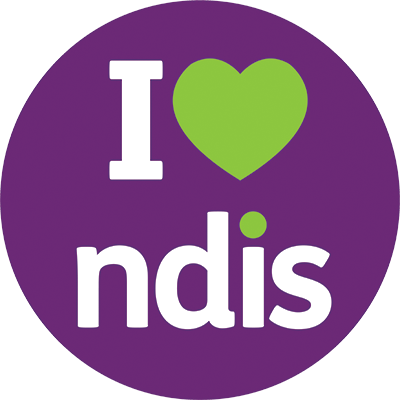
Registered NDIS Provider

